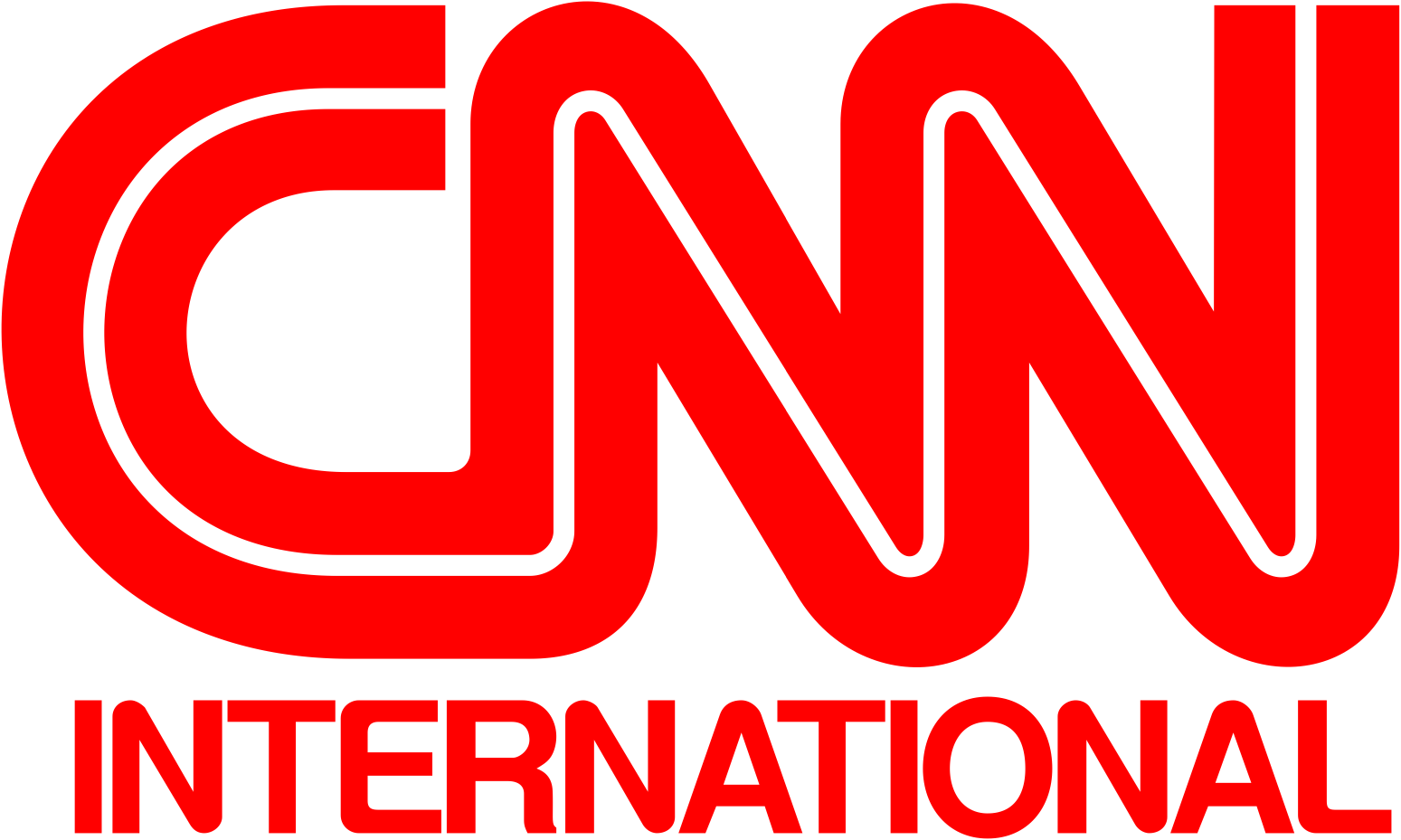The European Union's food safety agency said Thursday that it "did not identify critical areas of concern" in the use of the controversial chemical herbicide glyphosate.
The ruling was welcomed by the companies seeking to extend the use of the chemical beyond December and harshly condemned by environmentalists who see it as a threat to nature and human health.
Over the past decade, glyphosate, used in products like the weedkiller Roundup, has been at the heart of heated debate about whether it causes cancer and its possible disruptive effect on the environment.
EUROPEAN UNION TO LOOK INTO BLOCKING SUN'S RAYS TO COMBAT CLIMATE CHANGE: REPORT
The EU’s executive commission and the member states must come to a full agreement on whether to extend the authorization of its use in the 27-nation bloc, partly based on Thursday’s advice.
The European Food Safety Authority said in a detailed scientific review that assessing the impact of the chemical "on the health of humans, animals and the environment did not identify critical areas of concern." It defined a concern "as critical when it affects all proposed uses of the active substance."
The EFSA said that last year the European Chemicals Agency concluded that glyphosate could not be classified as a carcinogenic substance. Meanwhile, the France-based International Agency for Research on Cancer, which is part of the World Health Organization, classified it as a "probable human carcinogen" in 2015.
"For years the evidence of glyphosate’s toxicity for people and the environment has been stacking up, but the European food safety authority has once again decided to sweep it under the carpet," said Eva Corral of the environmental group Greenpeace.
EU NATURE RESTORATION LAW NARROWLY SURVIVES ATTACK BY CONSERVATIVE LAWMAKERS
Researcher at Pesticide Action Network Europe, Angeliki Lysimachou, said the EFSA advice "is beyond any logic. Many new independent studies show negative impacts of glyphosate on health and environment."
The Glyphosate Renewal Group, a consortium of eight companies that includes agro giants like Bayer Agriculture and Syngenta Crop Protection, said in a statement that the EFSA statement would allow for "the successful re-approval of glyphosate in the EU and is consistent with conclusions from leading health regulatory bodies from around the world for nearly 50 years."
It was the second day in a row that the EU dealt a blow to environmentalists. For decades, the EU was conservative toward the use of genetically modified organisms while the United States and others quickly adopted the new bioengineered technologies.
On Wednesday, the bloc took a step toward embracing the latest gene techniques to improve crop production. In a statement, it said the new technique will seek to change organisms in a much less intrusive way than the GMOs of old, allowing many to be sold without special labeling. It hopes will help safely counter global challenges like climate change and shortages.
from Latest World News on Fox News https://ift.tt/vTyl2Sb
